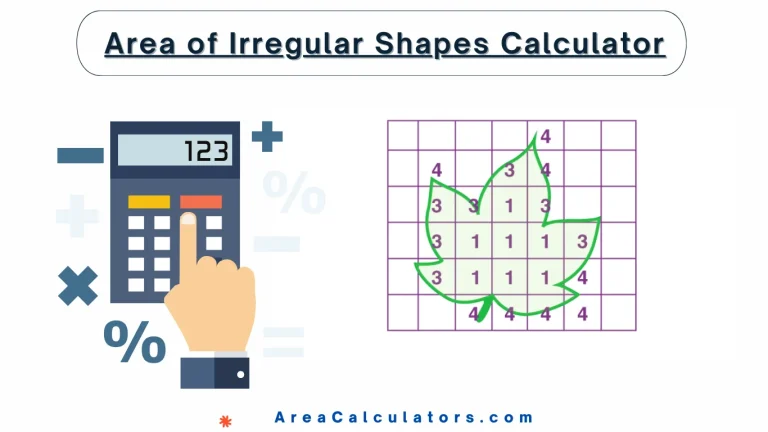To find bytes per second, divide the file size by the time taken to transfer or process the file.
Bytes per second (B/s) is a measure of data transfer speed. It is often used to understand how quickly a file is transferred or processed. This is different from bits per second (bps), which is also a common speed metric. By calculating the bytes per second, you can determine the efficiency of data transfers, such as downloading or uploading files, and network speeds.
Formula:
The formula for calculating bytes per second is:
| Variable | Description |
|---|---|
| B/s | Bytes per second |
| File Size | Size of the file (in bytes) |
| Time | Time taken (in seconds) |
Solved Calculation:
Example 1:
Suppose you have a file size of 500,000 bytes and it takes 10 seconds to transfer. Calculate the bytes per second.
| Step | Calculation |
|---|---|
| 1 | B/s = File Size / Time |
| 2 | B/s = 500,000 / 10 |
| 3 | B/s = 50,000 |
Answer: The transfer speed is 50,000 bytes per second.
Example 2:
If a file of 2,000,000 bytes is transferred in 40 seconds, find the bytes per second.
| Step | Calculation |
|---|---|
| 1 | B/s = File Size / Time |
| 2 | B/s = 2,000,000 / 40 |
| 3 | B/s = 50,000 |
Answer: The transfer speed is 50,000 bytes per second.
What is Bytes Per Second Calculator?
A Bytes Per Second Calculator is a very useful tool. You can easily calculate bytes per second using a simple conversion between bits and bytes. If you have a data rate in bits per second, divide it by 8 to get bytes per second. This measure helps in understanding data transfer rates in file sizes.
The Bytes per second calculator allows you to convert between bytes and other data measures like Mbps, GBps, and Kbps. The formula for converting bits per second to bytes per second is straightforward: divide the total bits per second by 8.
For example, if your network speed is 16 Mbps (megabits per second), you can divide it by 8 to find that the speed is 2 MBps (megabytes per second).
Moreover, understanding the difference between bytes per second vs bits per second is essential since many devices and internet connections display speeds in bps (bits per second), while files and data storage use bytes.
Additionally, data measurements like MB per minute or MB per hour can also be calculated by multiplying the speed by 60 seconds or 3,600 seconds, respectively.
Final Words:
In a nutshell, using a Bytes per second calculator online helps avoid manual calculations and offers instant conversions between different units such as KBps, MBps, and GBps. Remember that 1 byte is equal to 8 bits, and this base unit is critical when converting data speeds or understanding file sizes.





